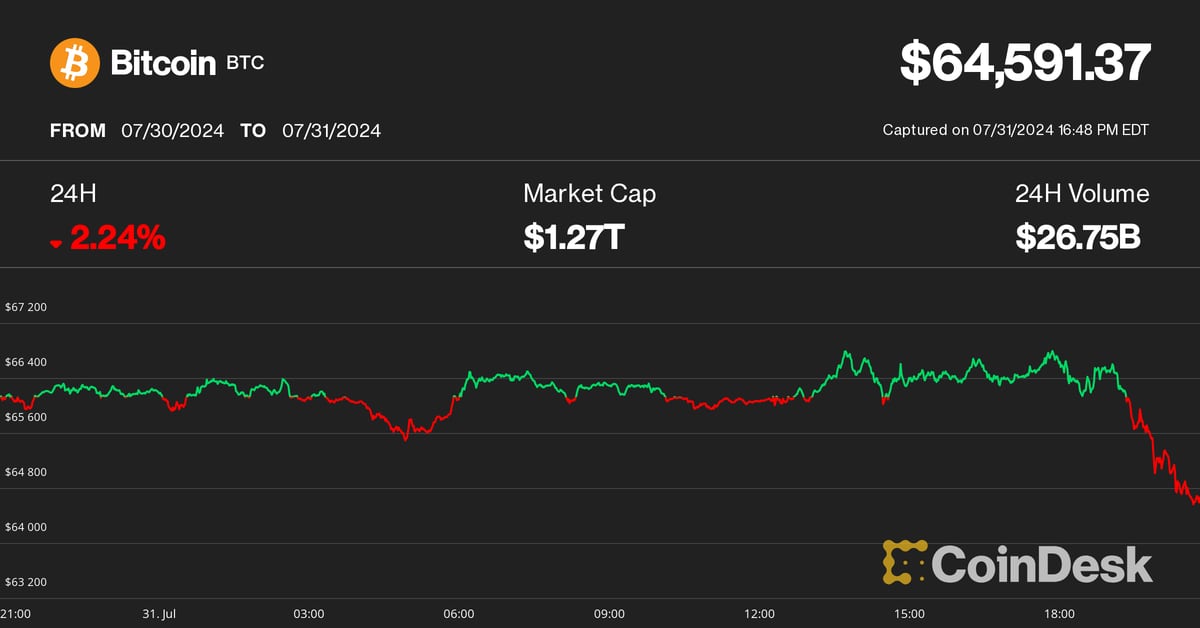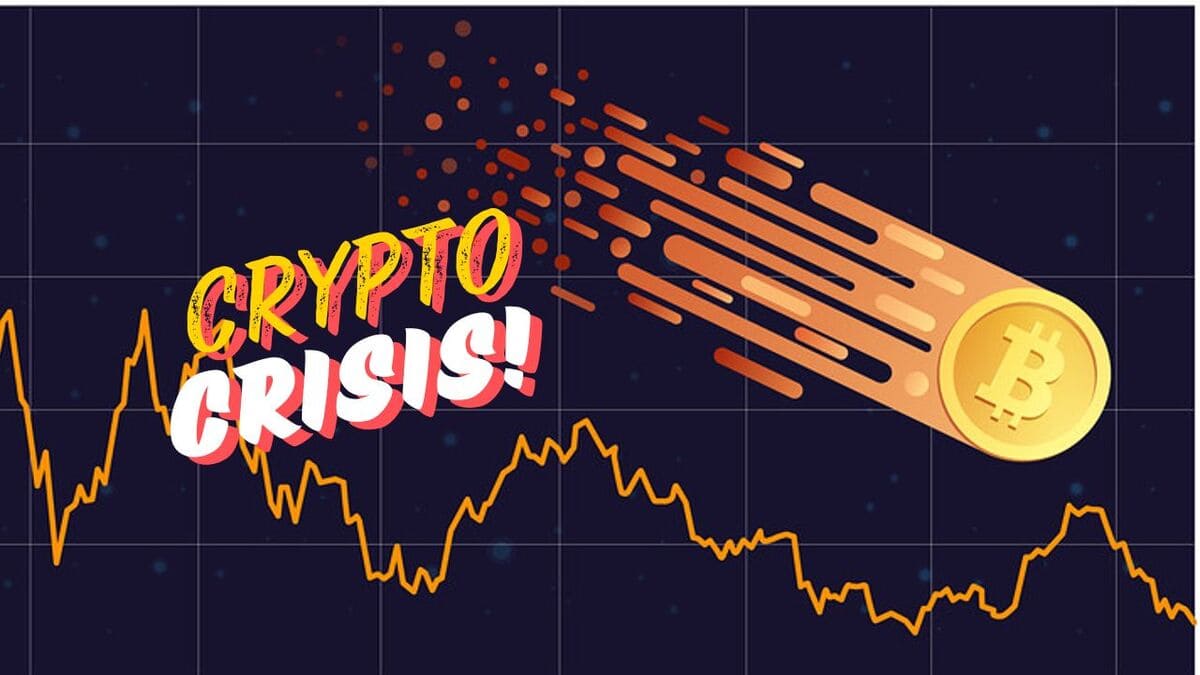Oil markets experienced volatility on Monday, October 7, 2024, as traders closely monitored the ongoing geopolitical tensions in the Middle East.

Oil prices rose on Monday, October 7, as traders monitored tensions in the Middle East following an Iranian missile attack on Israel.
Brent crude rose 34 cents to $78.04 a barrel by 0103 GMT. WTI gained 27 cents to $75.04.
Both contracts soared last week by more than 7%, marking their biggest weekly gain since early January 2023.
Prices rose after Iran fired missiles at Israel on Friday, targeting an Israeli military base in the Golan Heights. Israel said it intercepted the missiles and there were no casualties.
The attack follows Israel's air strikes on Syria on Thursday, which an Israeli official said targeted Iranian-backed militias and a shipment of advanced weapons from Iran to Hezbollah in Lebanon.
U.S. President Joe Biden said on Friday he did not know when Israel would respond to the Iranian missile attack, but he discouraged striking Iranian oil fields, suggesting Israel consider "other alternatives."
The statement eased some fears of an immediate disruption to Iranian oil, which has recently returned to near full production capacity.
Prices were also supported by a Saudi oil price hike for Asia and a cut for the United States on Monday.
Saudi Arabia raised its main oil prices for buyers in Asia by a greater-than-expected amount on Monday, increasing the premium for its Arab Light crude grade to $2.20 a barrel above the regional benchmark.
The world's top oil exporter also cut prices for all grades sold to the United States and trimmed prices for most grades heading to Europe.
Saudi Arabia typically sets its official selling prices (OSPs) between the fifth and the eighth of each month, following consultations with its main customers.
The options market for oil showed a clear bias towards bullish call options, indicating many traders expected prices to rise further.
A measure of implied volatility for Brent crude stood at its highest since late October 2023, underscoring the uncertainty in the market.
Financial institutions offered varying perspectives on the potential impact of the current situation.
Goldman Sachs Group Inc (GS.N) predicted Brent could surge to the $90s per barrel if Iran's oil supply is disrupted, while JPMorgan Chase & Co (JPM.N) suggested attacking Tehran's energy facilities might not be the preferred Israeli course of action.
Israel sent troops back into northern Gaza on Sunday and carried out aerial attacks and limited ground operations in Lebanon, keeping tensions high in both areas.
China, a key driver of global oil demand, is set to announce new economic policies on Tuesday.
The country's top economic planner will hold a press briefing on a package of measures aimed at boosting economic growth, following weak data last week.
Analysts expect potential expansions in public spending as part of China's stimulus efforts, which could impact oil demand.
The above is the detailed content of Oil Markets Experience Volatility Amidst Geopolitical Tensions in the Middle East. For more information, please follow other related articles on the PHP Chinese website!
 Oil Prices Rebound Driven by Iran Retaliation Concerns, Robust U.S. Economic DataAug 18, 2024 am 03:10 AM
Oil Prices Rebound Driven by Iran Retaliation Concerns, Robust U.S. Economic DataAug 18, 2024 am 03:10 AMWest Texas Intermediate (WTI) crude surged over a dollar, closing above $78 a barrel, following a more than 3% drop in the previous sessions.
 Bitcoin Tumbles Below $65K Post-FOMC as Middle East Tensions FlareAug 01, 2024 am 09:32 AM
Bitcoin Tumbles Below $65K Post-FOMC as Middle East Tensions FlareAug 01, 2024 am 09:32 AMThe price action happened as Iran's leadership reportedly ordered retaliatory attacks against Israel, increasing concerns about a broader conflict in the Middle East.
 Bitcoin Drops Back to $60,000 Level, Ether Slides More Than 5% as Shaky Month BeginsOct 02, 2024 am 09:14 AM
Bitcoin Drops Back to $60,000 Level, Ether Slides More Than 5% as Shaky Month BeginsOct 02, 2024 am 09:14 AMRising tensions in the Middle East dampened investors' risk appetite as the new trading month and quarter began.
 Flare (FLR) Price Skyrocketed by 21% in 24 Hours Despite Bitcoin (BTC)'s Tamed MovementsOct 03, 2024 pm 03:04 PM
Flare (FLR) Price Skyrocketed by 21% in 24 Hours Despite Bitcoin (BTC)'s Tamed MovementsOct 03, 2024 pm 03:04 PMDriven by strong fundamentals and investor demand, the token has the potential to be the next star in the coming altcoin season.
 Crypto Markets Slumped on Oct. 1 Amid Geopolitical Conflict Between Israel and Iran in the Middle EastOct 02, 2024 am 03:14 AM
Crypto Markets Slumped on Oct. 1 Amid Geopolitical Conflict Between Israel and Iran in the Middle EastOct 02, 2024 am 03:14 AMThe top 10 cryptocurrencies by market cap, including Bitcoin (BTC), fell as Iran launched hundreds of missiles towards Israel
 Crypto Prices Today: BTC & Altcoins Prices Spark UncertainityOct 03, 2024 pm 03:28 PM
Crypto Prices Today: BTC & Altcoins Prices Spark UncertainityOct 03, 2024 pm 03:28 PMThe crypto prices today have shown a set of mixed price actions, sparking investor speculations globally. Bitcoin (BTC) price rested at the $60K level today
 Oil Markets Experience Volatility Amidst Geopolitical Tensions in the Middle EastOct 07, 2024 pm 09:20 PM
Oil Markets Experience Volatility Amidst Geopolitical Tensions in the Middle EastOct 07, 2024 pm 09:20 PMOil markets experienced volatility on Monday, October 7, 2024, as traders closely monitored the ongoing geopolitical tensions in the Middle East.
 Bitcoin (BTC) Market Experiences Drastic Price Drop Amid Rising Geopolitical TensionsOct 02, 2024 am 07:24 AM
Bitcoin (BTC) Market Experiences Drastic Price Drop Amid Rising Geopolitical TensionsOct 02, 2024 am 07:24 AMThe start of October has marked an unexpected turn for the crypto market, as Bitcoin (BTC) experienced a drastic price drop.

Hot AI Tools

Undresser.AI Undress
AI-powered app for creating realistic nude photos

AI Clothes Remover
Online AI tool for removing clothes from photos.

Undress AI Tool
Undress images for free

Clothoff.io
AI clothes remover

AI Hentai Generator
Generate AI Hentai for free.

Hot Article

Hot Tools

Dreamweaver CS6
Visual web development tools

ZendStudio 13.5.1 Mac
Powerful PHP integrated development environment

Atom editor mac version download
The most popular open source editor

SublimeText3 Mac version
God-level code editing software (SublimeText3)

Safe Exam Browser
Safe Exam Browser is a secure browser environment for taking online exams securely. This software turns any computer into a secure workstation. It controls access to any utility and prevents students from using unauthorized resources.






